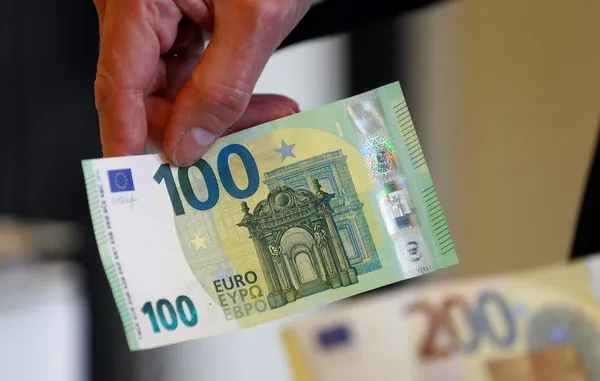The euro is the official currency of 19 out of the 27 European Union member states, including Germany, France, Italy, Spain, and Greece, among others. However, in this article, we will focus on the country that was the first to introduce the euro as its national currency – Belgium.
Introduction
Belgium has played a significant role in the creation of the euro. In 1992, the Treaty of Maastricht laid down the framework for the creation of the European Union (EU) and the single currency. Belgium was one of the signatories of this treaty, along with other European countries such as France, Germany, and Italy. The euro officially replaced the Belgian franc on January 1st, 2002, making it the first country to fully adopt the euro as its national currency.
History of Currency in Belgium
Before the introduction of the euro, Belgium had a long history of using different currencies. The Belgian franc, introduced in 1832, was the most recent national currency before the adoption of the euro. However, the franc had a long and complicated history, with multiple devaluations, inflation, and even a temporary replacement with the German mark during World War II.
The decision to switch to the euro was not an easy one. There was some initial resistance from the public, who were attached to their national currency. However, the government believed that adopting the euro would bring economic benefits, such as lower transaction costs, increased trade, and easier travel within the EU.
Impact of Euro on Belgium’s Economy
The introduction of the euro has had a significant impact on Belgium’s economy. Firstly, it made cross-border trade with other EU countries much easier and cheaper, which helped boost exports and growth. The euro also brought greater stability to financial markets, reducing the risk of currency fluctuations and making it easier for companies to plan and invest. Finally, the euro helped to lower inflation in Belgium, which had been a persistent problem in the past.
However, there have also been some negative effects of adopting the euro. One of the biggest concerns was the loss of control over monetary policy, as the European Central Bank (ECB) now sets interest rates for the entire eurozone. This can be problematic for individual countries like Belgium, whose economic conditions may be different from those of other member states. Additionally, the euro has made it more difficult for Belgium to devalue its currency to boost exports, something that might have been useful during economic downturns or recessions.
Recent Developments
Belgium has been one of the most enthusiastic supporters of European integration and the euro, despite some criticism from Eurosceptic groups. In 2019, Belgium hosted the headquarters of the ECB, which is responsible for setting monetary policy for the entire eurozone. The Belgian government has also been actively involved in EU decision-making on issues such as trade, migration, and climate change.
However, recent years have seen a rise in nationalist and anti-EU sentiment in Belgium, as well as in other parts of Europe. Some Belgians are concerned about the impact of immigration on their country, while others feel that the EU is too bureaucratic and distant from ordinary citizens. This has led to the emergence of new political parties, such as the right-wing Vlaams Belang and the left-wing Workers’ Party of Belgium, that are critical of the EU and the euro.
Conclusion
In conclusion, Belgium was the first country to adopt the euro as its national currency, and it has played an important role in the development of European integration. The euro has brought many benefits to Belgium’s economy, including cheaper cross-border trade, greater stability in financial markets, and lower inflation. However, there have also been some drawbacks, such as the loss of control over monetary policy and the inability to devalue the currency during economic downturns.
Despite these challenges, Belgium remains committed to the euro and to European integration. The recent rise of nationalism and Euroscepticism in Belgium and other parts of Europe is a reminder of the continued importance of promoting cooperation and understanding among nations. Ultimately, the success of the euro and the EU will depend on the ability of member states to work together towards common goals while respecting each other’s differences and sovereignty.


